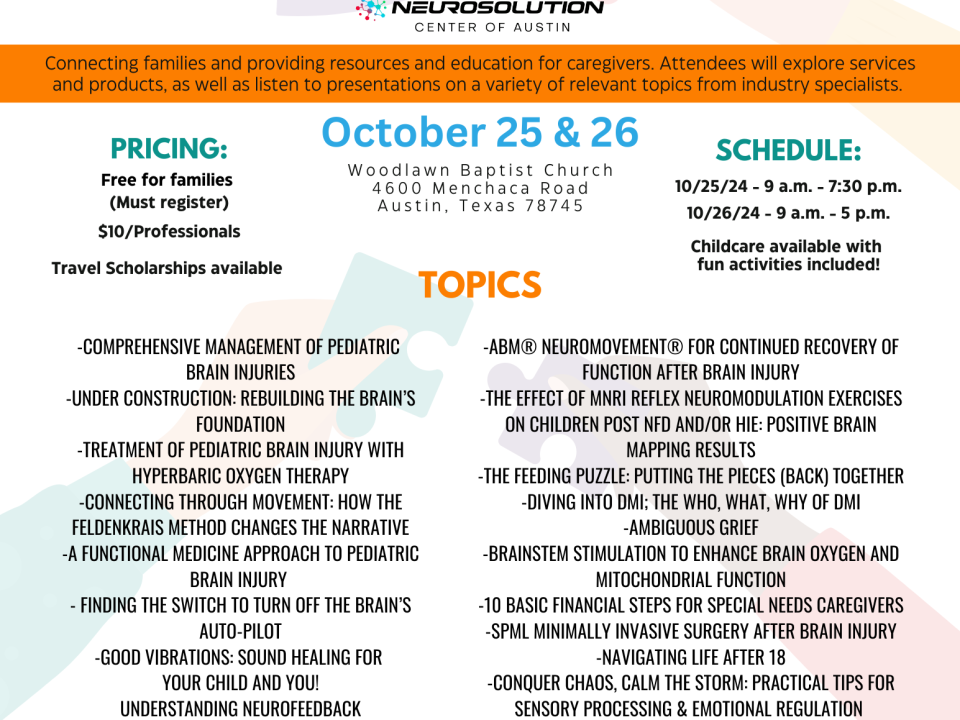Can HBOT Help Dementia and Mild Cognitive Impairment?
Overview
Dr. Paul Harch, a pioneer in hyperbaric medicine, presents compelling evidence on using Hyperbaric Oxygen Therapy (HBOT)
to slow—and even reverse—cognitive decline in patients with mild cognitive impairment (MCI) and early dementia,
including Alzheimer’s disease. He shares clinical case studies, mechanistic insights, and exciting future directions for
this emerging treatment approach.
What You’ll Learn
- Evidence-Based Improvements: Case studies showing cognitive gains in MCI and early Alzheimer’s after
a structured HBOT protocol, with real-world patient metrics detailing memory and executive function enhancements. - Mechanisms at Work: HBOT boosts cerebral blood flow, reduces neuroinflammation, guards against
oxidative stress, and promotes angiogenesis and neurogenesis. - Dr. Harch’s Perspective: Dementia may have reversible elements when microvascular ischemia and
inflammation are addressed; calls for broader clinical trials and institutional support.
Why It Matters
Dementia cases are projected to rise globally, and innovative treatments are urgently needed. HBOT, already FDA-approved
for specific conditions, shows promising off-label potential for brain repair. Early, guided intervention can halt or
even reverse cognitive decline.
For Healthcare Providers & Caregivers
- Providers: Learn that HBOT can be integrated into neurotherapeutic protocols.
- Caregivers & Patients: Understand signs that HBOT may be viable and advocate for access or study enrollment.
Call to Action
Curious whether HBOT could make a difference for you or a loved one? Watch the full talk above to hear directly from Dr. Harch.
Review referenced studies and share your thoughts or experiences in the comments.
Call us for a consultation and treatment (504-309-4948).


